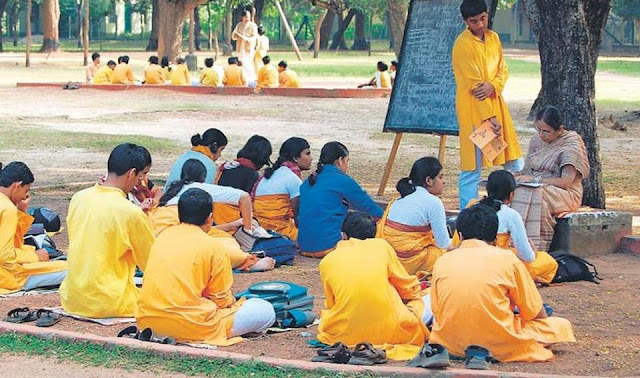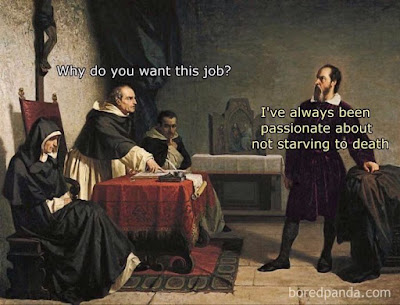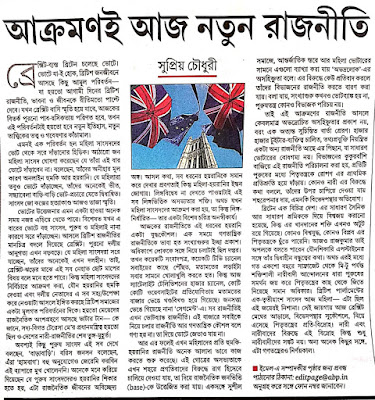The College and the Coffeehouse, revisited

The coffee-houses were once called the 'penny universities', for a good reason. These enlightenment era spaces - free spaces, as one commentator has called them - allowed trading of information and meeting of minds. Those were the places where ideas could have sex and imagine the world anew. Coffee, replacing Gin as the drink of choice, stimulated and energised, but Coffee Houses were more than just coffee. It was about knowledge and ideas, a conduit of assimilating the great leaps in science and technology into social practice. It allowed congregations very different from the social clubs, being open to all-comers (almost) and allowing the chaos, the democratic surround, that facilitated a creative revolution. College is indeed the other enlightenment institution that is still with us. One may say college dates back further, back to the medieval or even ancient times depending on one's point of view, but the college that emerged out of enlightenment was ver...








